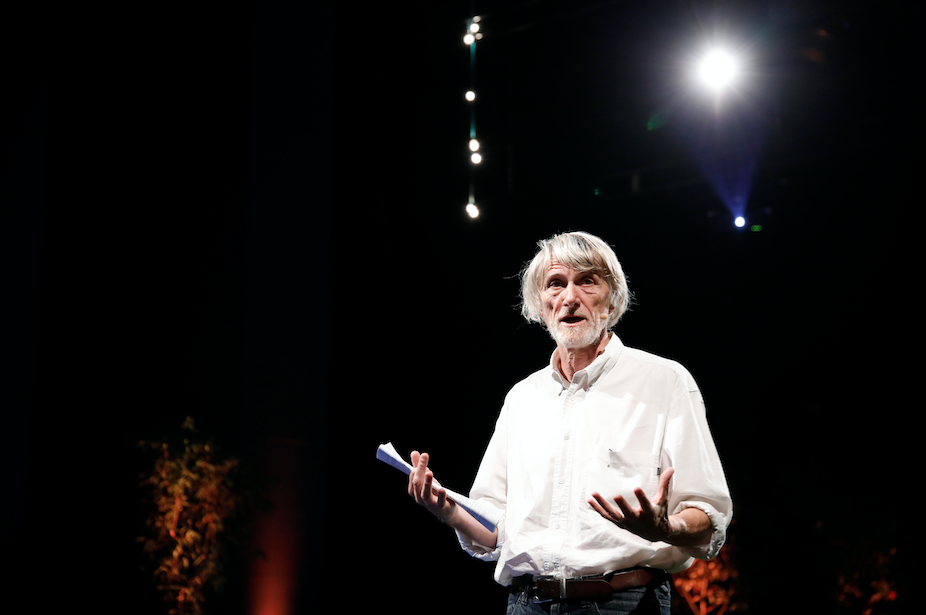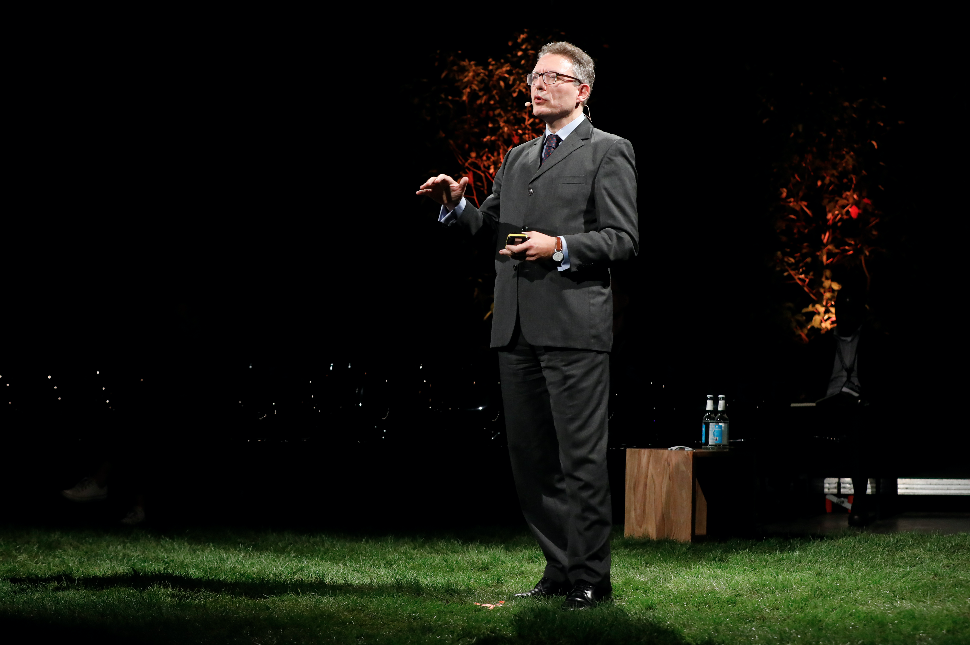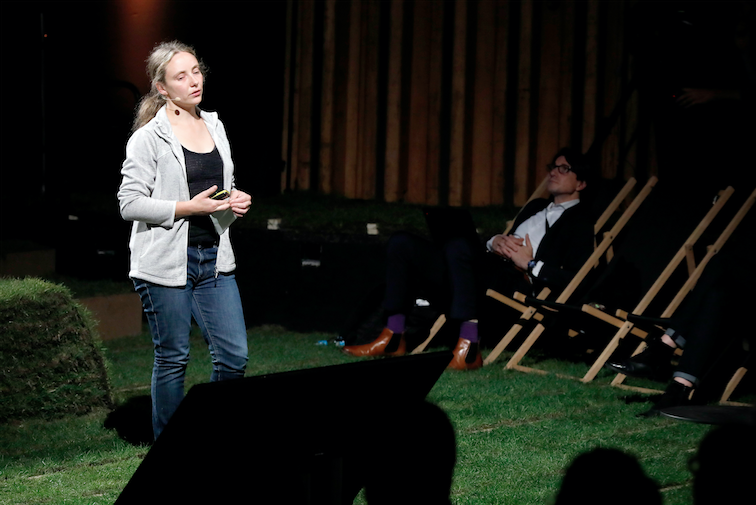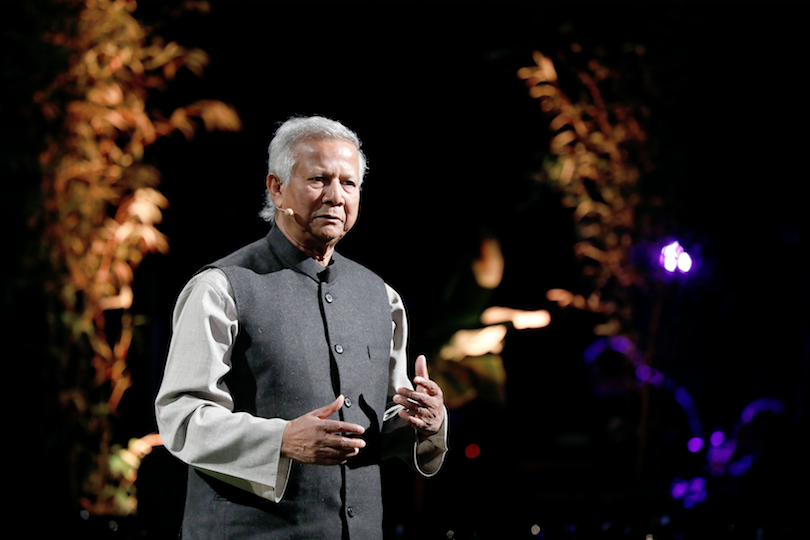Summary of session 3
Signs of a revolution are on the horizon. Robots, artificial intelligence, 3D printing and the combination of the three could pretty soon cost a lot of us our jobs. This raises the question: what we will do, when there is nothing left to do? In this question the “left to do” refers to the working life we have grown accustomed to over the last 250 years.
Ayesha Khanna opens this session and for her the new world of work can offer us a lot of opportunities to change our lives for the better. Digital assistants could replace us in hard and exhausting work, while on the other hand they could also help us to develop our own skills and find professions which do not even exist today. She concludes with the words – if there is nothing left to do on earth, then there is still space.
Philosopher Philippe van Parjis’ ideas are in a similar vein; he suggests that in a world where humans don’t have to work hard, but rather enjoy life in cities designed for humans - not cars and factories - we will all have the obligation to contribute positively to our society.
In the opinion of Luciano Floridi a distinction must be made between the intelligent tasks a machine can do and the intelligent tasks a human can do. There is no need to waste human efforts on tasks AI could do, meaning humans will be free to be more human and concentrate on what they do best.
Hanna Poddig takes a rather different approach to the issues. She believes that technology is neither intrinsically good nor bad and that it is up to humans to discuss how to use and implement it. To start these discussions Poddig uses civil disobedience initiatives in order to agitate and create debates.
The final speaker in this session was famous entrepreneur Muhammad Yunus. His idea surrounding work is to empower people to become entrepreneurs themselves and in doing so create more jobs. On the topic of business he distinguishes between those which are made to make money and those which exist to solve problems. Clearly Yunus favors the latter and encourages everyone to become an entrepreneur in order to solve problems.
In conclusion, this session brought together different views on the future of work, with the possibilities it brings - such as more free time thanks to technology - on the one hand and on the other the challenges we will face so we are able to use our time in a meaningful way.




